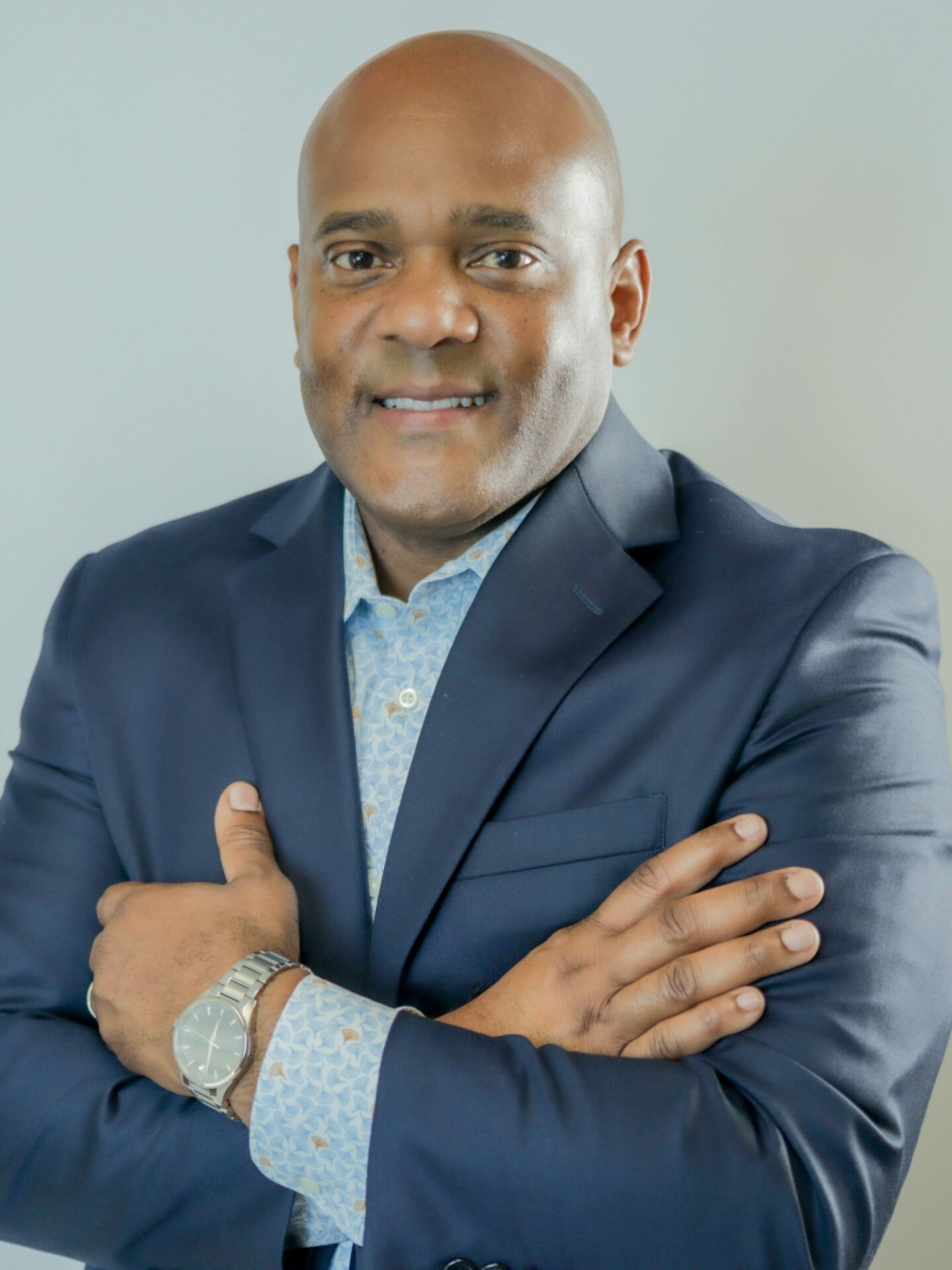
For generations African Americans have been disproportionately impacted by heart disease — a condition that unfortunately claims far too many lives each year.
These harsh realities are why I’m committed to educating people about the importance of heart health while also being honest about the systemic inequities that plague our community; often contributing to some of the root causes of the deadly killer.
My heart advocacy recently amplified when I was selected as an American Heart Association’s (AHA) Leader of Impact. This initiative empowers individuals from across the country to raise awareness and funds for the country’s No. 1 and No. 4 killers: heart disease and stroke.
When my wife was in her early 20s, her mother passed away from heart disease. For years, my mother-in-law battled congestive heart failure, but unfortunately, the disease was the ultimate victor. The pain my wife and her siblings feel is indescribable, but we are committed not to let my mother-in-law’s death be in vain.
Our young son never had the opportunity to meet his grandmother, but like his parents, he also wants to see an end to what is often referred to as the silent killer. That starts with being honest about cardiovascular disease.
The devastating effect of cardiovascular disease underscores the lack of equity and access that plague minority communities, and Black people in particular.
The social determinants of health — where you live, your income level and your access to nutritious food — play a massive role in determining whether someone will suffer from heart disease. Many underserved areas, especially in Black and brown neighborhoods, are classified as food deserts, where access to affordable, healthy food is scarce. The absence of nutritious options leads to higher rates of hypertension, diabetes and high cholesterol are all direct contributors to heart disease.
And this is happening right here in Central Indiana.

Housing instability is another issue that significantly impacts heart health. Research shows that people without stable, safe living conditions experience higher rates of heart disease, mainly because stress and lack of resources compound health challenges. Environmental hazards, like air and water pollution, also disproportionately affect communities of color, increasing the risk of heart disease. This, too, is happening right here in Central Indiana.
I can’t stand by and watch as my wife’s family — or the family of a longtime Recorder team member who was a dedicated employee for over 30 years before he passed away — suffer the consequences of systemic inequities. The fight for health equity is about the lives we can save by addressing the root causes of these health disparities. We need to create a world where no one’s life expectancy is determined by their zip code or the color of their skin.
The Leaders of Impact campaign is a call to action, and I’m very proud to answer that call.
I’m asking for your help, not just to raise funds but to raise awareness and push for systemic changes. While health interventions are necessary, we must commit to eradicating the conditions that lead to heart disease in the first place. Together, we can ensure that future generations don’t have to experience the heartache that so many of us have endured.
Please join me in this fight by donating to the American Heart Association, getting regular health screenings, and advocating for more equitable access to the resources we all need to live heart-healthy lives. Our community deserves better, and with your support, we can make that vision a reality.
Thank you for standing with me in this fight for health equity.





